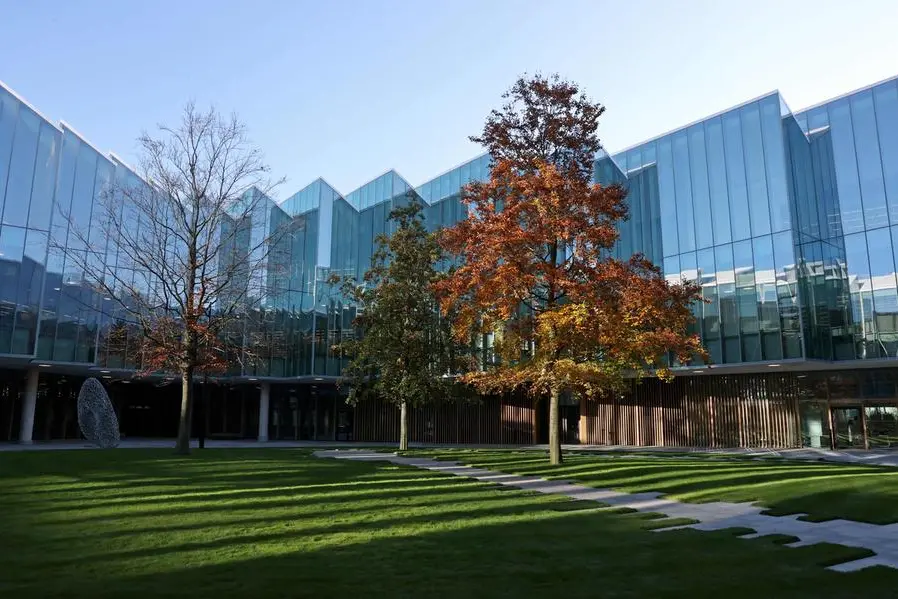PHOTO
Cambridge, the English city renowned for its university, scientific breakthroughs and status as a technology hub, has its sights on becoming the next Silicon Valley.
The British government is providing funds for new infrastructure projects such as housing and transport that it says will help Cambridge, north of London, become "Europe's science capital".
Finance minister Jeremy Hunt has said the goal is for the city to become "the world's next Silicon Valley".
The initiative comes as a report by HSBC bank this month showed the UK as the world's third-biggest "tech ecosystem", with venture-capital investment totalling $21.3 billion in 2023.
Leading the way is the United States with $150 billion, followed by China at almost a third of that total.
The original global hub for technological innovation is in the San Francisco area. The attraction of highly skilled jobs makes living in and around the US city very expensive.
Homes and offices are meanwhile considered overpriced in Cambridge, which has caused the UK government to offer help with "affordable" housing in the city as part of the new plan.
Innovate Cambridge -- a collaboration between the university and major companies including drugs group AstraZeneca and Microsoft -- aims by 2035 to double the city's "unicorns", or privately held startups valued at more than $1 billion.
Cambridge has 23 unicorns, according to recent data from its university, around the same number as Berlin. London has 39.
The small English city is home also to tech giant Arm, whose semiconductor design is used in most smartphones worldwide.
- Wealth of knowledge -
The United Nations has ranked Cambridge as the number one science and technological cluster by intensity, in relation to its size.
Excluding this factor, the 2023 Global Innovation Index has Paris as Europe's top cluster, or area with the highest density of inventors and scientific authors.
Mark Slack, co-founder of CMR Surgical, said his life science company likely achieved unicorn status in 2019 thanks to its Cambridge location.
"We probably couldn't have done this in many other areas in the world," he told AFP.
CMR Surgical, founded in 2014, produces small, modular robots capable of minimal access surgery.
"The technical knowledge we needed in terms of physicists, mathematicians and computer scientists" would have been "quite difficult" to find elsewhere, Slack added.
Cambridge gives "access to an incredible infrastructure of talent", he said.
A study by Virgin Money had Cambridge as the best UK city to start a business last year.
"The historic university city ranks as the top city for both innovation and happiness, as well as placing in the top five cities for length of commute, people in employment and internet quality," it concluded.
Population size does not appear to be a key factor in whether Cambridge becomes the next Silicon Valley.
The region in California is home to about three million people, many times more than the roughly 150,000 people residing in Cambridge.
At the same time, the number of Silicon Valley unicorns stands at only about three times the amount found in the English city.
Cambridge can draw on its successful past as it looks to reinvent itself, according to Michael Anstey of Cambridge Innovation Capital, a venture capital firm that focuses on life science and deep tech.
The city "for the last 60, 70 years has been very strong at turning academic innovation into specific commercial opportunities", he said.
Major scientific developments in which Cambridge scientists played a role include the discovery of the structure of DNA, in vitro fertilisation (IVF) and the use of stem cells for medical treatment.





















